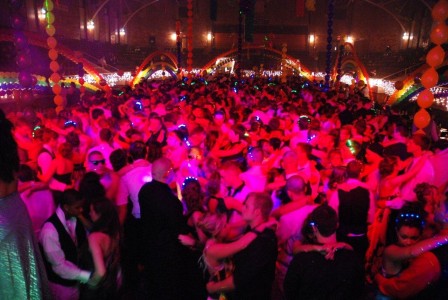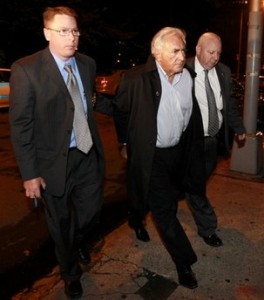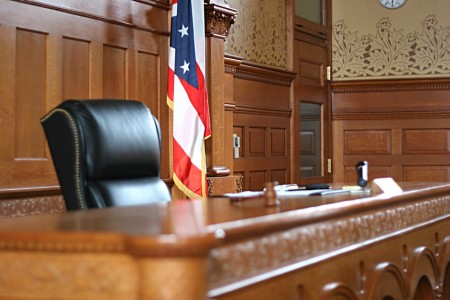Prom Season in Southeastern North Carolina
Friday, May 27th, 2011 It is prom season here in Southeastern North Carolina. Teenagers at high schools in New Hanover, Brunswick, and Pender Counties will soon be dancing the night away at their junior and senior proms in celebration of yet another school year coming to a close. However, prom has become a time that some underage high school students are likely to excessively drink. This has led to an increase in underage drinking charges, teenagers using fraudulent driver’s licenses, and DUI/DWI’s. Additionally, underage individuals will attempt to have a family member or friend who is older than 21 purchase alcohol for them. North Carolina is taking steps to make it more difficult for underage individuals to get their hands on alcohol, and has introduced a vertical driver’s license for anyone under the age of 21. Moreover, North Carolina driver’s licenses have a hologram on them, which is a security feature that makes it more difficult to copy. In a lot of cases underage drinkers try to get around that by obtaining fake IDs from out of state.
It is prom season here in Southeastern North Carolina. Teenagers at high schools in New Hanover, Brunswick, and Pender Counties will soon be dancing the night away at their junior and senior proms in celebration of yet another school year coming to a close. However, prom has become a time that some underage high school students are likely to excessively drink. This has led to an increase in underage drinking charges, teenagers using fraudulent driver’s licenses, and DUI/DWI’s. Additionally, underage individuals will attempt to have a family member or friend who is older than 21 purchase alcohol for them. North Carolina is taking steps to make it more difficult for underage individuals to get their hands on alcohol, and has introduced a vertical driver’s license for anyone under the age of 21. Moreover, North Carolina driver’s licenses have a hologram on them, which is a security feature that makes it more difficult to copy. In a lot of cases underage drinkers try to get around that by obtaining fake IDs from out of state.
Before you consider drinking for your prom or buying alcohol for a friend it is important to know the laws of the State of North Carolina. Convictions of the laws concerning the sale, possession, and consumption of alcoholic beverages outlined in N.C.G.S. Chapter 18B named “Regulation of Alcoholic Beverages,” will lead to a punishment of a class one (maximum of 120 days in jail) or class two misdemeanor (maximum of 60 days in jail). Furthermore, it is possible that a conviction will lead to your driver’s license being revoked for one year.
N.C.G.S Chapter 18B states that it is unlawful for a person under the age of 21 to buy, attempt to buy, or to possess fortified wine, spirituous liquor, or mixed beverages. It is unlawful for a person under 21 to consume any alcoholic beverage. If you are underage and you purchase alcohol for another person you shall be guilty of a Class 2 misdemeanor. If you are over 21 and purchase alcohol for someone that is younger than 21 you can be guilty of a Class 1 misdemeanor. Additionally it is unlawful to use a fraudulent or fake drivers license or other identification document to purchase alcoholic beverages. Further, any person who permits the use of their driver’s license will be held accountable.
However, just because you have been charged with underage drinking or any violation of the NC alcohol laws, or any law, does not necessarily mean you will be convicted. Collins Law Firm has represented many people charged with violating the laws concerning the sale, possession, and consumption of alcohol. In most cases, especially for first time offenders, we have been able to prevent convictions. Presently, in most cases for first time offenders, even if there is no solid defense, we are able to negotiate an agreement with the district attorney’s office to have the charges dismissed after the defendant completes a certain number of hours of volunteer service, or completing a class about alcohol and the laws regarding alcohol, or other requirements, or a combination thereof. When there is a solid defense, we normally are able to have the charges dismissed without our clients having to perform any volunteer service or complete classes.
If you have been charged with underage drinking, a DWI / DUI, or any other crime in or around Wilmington, NC in New Hanover County, Brunswick County (Bolivia, NC), or Pender County (Burgaw, NC) and need a lawyer or attorney to represent you call Collins Law Firm at: 910-793-9000 for a confidential consultation.


